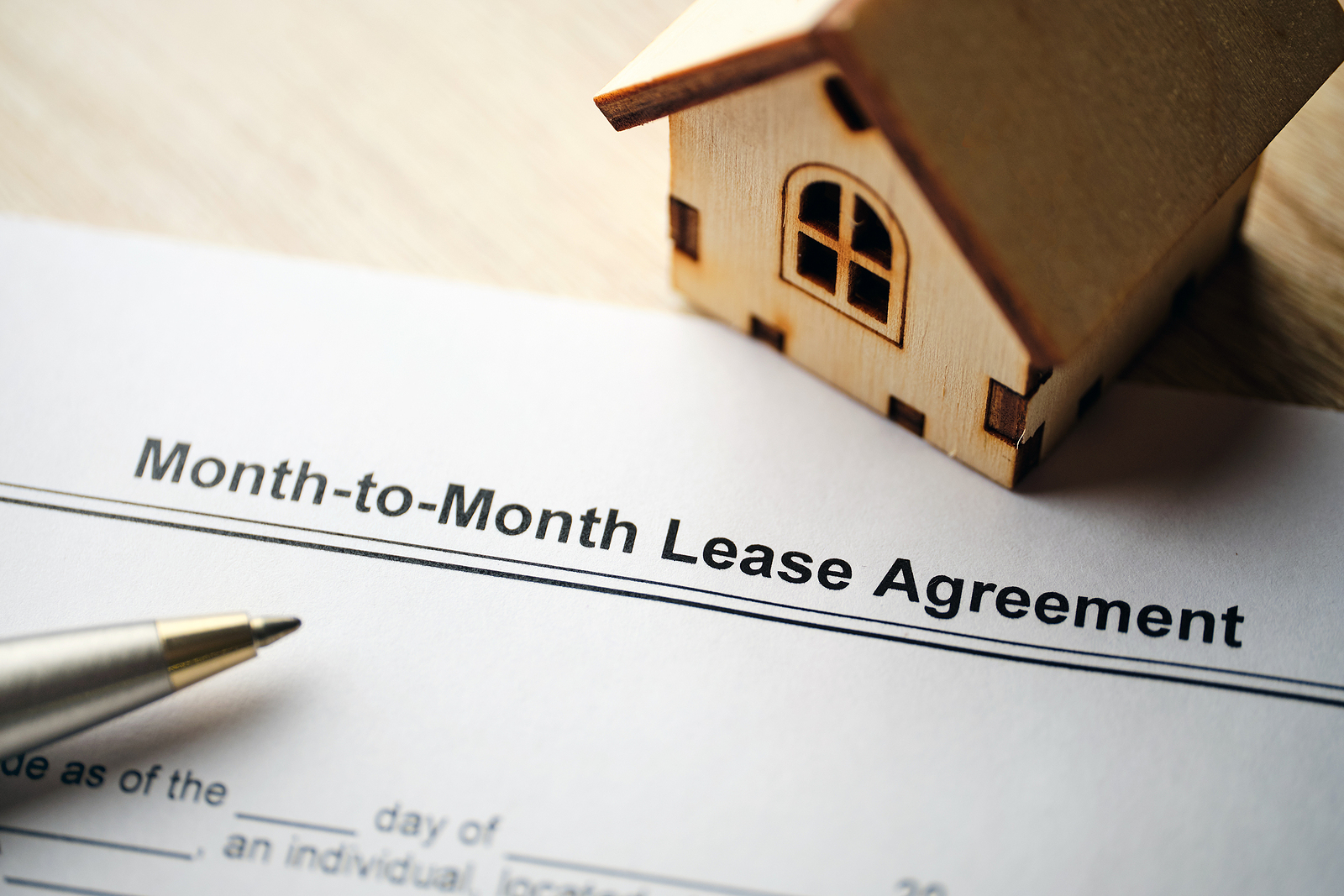Managing a rental property in Tulsa involves more than collecting rent and handling maintenance. It also means understanding the laws that protect your business and define landlord-tenant responsibilities. Eviction and lease regulations in Oklahoma shape how you manage tenants and resolve disputes.
These rules, outlined in the Oklahoma Residential Landlord and Tenant Act, establish the legal framework for fair property management in Tulsa.
If you want to protect your investment and stay compliant with local laws, keep reading. This guide explains the key eviction and lease laws every Tulsa landlord should know.
Lease Laws for Tulsa Landlords
A lease forms the legal foundation of your relationship with a tenant. It defines expectations, protects both parties, and guides how the rental will operate.
Your lease should clearly include:
- Rent amount and payment schedule
- Lease term or duration
- Security deposit details
- Maintenance and repair responsibilities
Once both sides sign, the lease is legally binding until it expires or is properly terminated.
Tulsa landlords must also provide housing that meets basic habitability standards. Plumbing, heating, electrical systems, and locks must all be in good working order. Tenants, in return, must pay rent on time and take care of the property.
Oklahoma law does not limit how much you can collect for a security deposit. However, under Title 41 §115 of the Oklahoma Statutes, you must return it within 45 days after the tenant moves out. If you withhold any portion, provide a written itemized statement explaining the deductions for unpaid rent or damages.
If either you or your tenant decides to end a month-to-month tenancy, a 30-day written notice is required. For fixed-term leases, the agreement can’t be ended or changed early unless both parties agree or there’s a legal reason.
Following these lease laws keeps your rental operation compliant, transparent, and fair for everyone involved.
Eviction Laws and Proper Process
Evictions in Tulsa must follow a strict legal process. Landlords cannot remove tenants without proper notice and a court order. Any act, such as changing locks, removing belongings, or cutting off utilities, is considered illegal self-help eviction and can result in penalties.
When Rent Is Not Paid
If a tenant fails to pay rent, the law requires you to give a 5-day written notice to pay or vacate. This gives the tenant a short window to pay the overdue rent before you take further legal steps. If the tenant pays within that period, the eviction process must stop.
When a Lease Is Violated
For lease violations, such as unauthorized occupants, property damage, or other breaches of contract, you must issue a 15-day written notice. The tenant has that time to correct the issue or move out. If the violation continues, you can proceed with a court filing.
Filing in Tulsa County District Court
If the tenant fails to comply with the notice, the next step is filing a Forcible Entry and Detainer (FED) action in the Tulsa County District Court. Both parties will have a chance to present evidence at the hearing, including payment records, photos, and lease documents.
If the court rules in your favor, the judge will issue a writ of execution, which authorizes law enforcement to remove the tenant. Only law enforcement can carry out this step. Landlords cannot remove tenants on their own.
Following Oklahoma’s Eviction Statutes
All evictions must comply with the Oklahoma Forcible Entry and Detainer laws. Keeping copies of every notice, lease agreement, and communication is essential. Detailed records help protect you if the tenant disputes the eviction or the case is reviewed in court.
Staying Compliant and Protecting Your Rental Business
Following eviction and lease laws builds credibility and reduces risk. Always provide proper written notice, avoid “self-help” evictions, and document all transactions. A small mistake in the process can delay your case or result in penalties.
If you are uncertain about the law, contact Legal Aid Services of Oklahoma or the Tulsa County Court Clerk’s Office for guidance. The Oklahoma Bar Association also offers landlord resources and legal referrals.
Understanding Tulsa’s eviction and lease laws helps you stay compliant, protect your property, and maintain fair rental practices that benefit both landlords and tenants.
Need help managing your rentals the right way?
Partner with At Home Rental Management for expert guidance, professional tenant handling, and peace of mind. We help landlords stay compliant and keep their properties performing smoothly.
Additional Resources:
- Preventative Maintenance vs. Reactive Repairs: What’s the Difference?
- What to Do When a Tenant Abandons the Tulsa Property Mid-Lease
- Renew or Not? Signs Your Tenant Might Not Renew Their Lease


.jpg)